JSPM's Bhivarabai Sawant Institute of Technology & Research, Wagholi, Pune
Gate No. 720/2, Nagar Road, Wagholi, Pune, Maharashtra 412207
Approved By AICTE, New Delhi, Govt.Of Maharashtra & Affiliated To Savitribai Phule Pune University
Institute is Accredited by National Assessment & Accreditation Council(NAAC), Bengaluru with A+ Grade
and Electronics & Telecommunication, Electrical Engineering and Information Technology(IT) are accredited by National Board of Accreditation(NBA), New Delhi
Department of Electronics and Telecommunication Engineering
The Electronics & Telecommunication (E&TC) Engineering is a most dynamically changing and ever evolving branch since the last 100 years or more. Electronics is the foundation on which Information Technology and Computer Engineering has grown. All high speed networks and computers work on the hardware designed by an E&TC Engineers.
E&TC Department of BSIOTR, is one of the most dynamic department in all fields of academics. Students of Department are ranked in Savitribai Phule Pune University (SPPU) Merit list. Department had proven their achievements in academic, research and co-curricular activities. Department has received grants from SPPU, AICTE, IETE,ISTE and other funding agencies.
The vision of the department is to emerge as a department of repute compatible to the changing needs of society at large. This is achieved by cultivating creativity and innovativeness in teaching learning process for developing competent professionals. We all are trying our level best to equip graduating students with skill sets to meet current and future demands of industry, academia and society through well designed curriculum.
Dr.Yogesh S Angal
Prof and HOD(E&TC)
Dean (R&D)
JSPM's Bhivarabai Sawant Institute of Technology and Research,
Wagholi,Pune-412207
Member Board of Studies,Savitribai Phule Pune University(SPPU),Pune
Academic and Research Coordinator , BSIOTR, SPPU
Former Vice Chairman IETE Pune Centre
Vision
To envision a future in which E&TC graduates are leaders in technological innovation, driving economic growth and improving the quality of life for society
Mission
M1: To foster an interdisciplinary learning environment that emphasizes academic excellence, research and industry collaboration.
M2: To prepare graduating students to excel in their professional career and contribute to the betterment of society maintaining high ethical and moral standards.
Program Educational Objectives (PEO)
PROGRAM EDUCATIONAL OBJECTIVE (PEO)
Graduate shall have
PEO 1: Identify and apply appropriate experimental and analytical skills to solve real world problems in core and allied domain of Electronics & Telecommunication Engineering, fulfilling industrial and societal needs.
PEO 2: Develop technical skills and apply appropriate interdisciplinary approach compatible with Information Technology, enabling them to excel in the core Industry & IT industry.
PEO 3: Demonstrate entrepreneurship skills, ethics to transform innovative ideas and lifelong learning, teamwork for successful professional career.
Program Specific Objectives (PSO)
PSO 1: System Design and Development
Design and develop electronic systems integrating multidisciplinary concepts from electronics, telecommunications, computer science, and mathematics, considering societal and environmental factors.
PSO 2: Innovative Problem-Solving and Communication
Apply problem-solving skills, creativity, and innovation to develop novel solutions to real-world electronics and telecommunications problems, and communicate complex technical ideas effectively to diverse audiences.
PSO 3: Entrepreneurial Leadership and Responsibility
Apply entrepreneurial skills and leadership principles to transform innovative ideas into viable products or services, demonstrating awareness of ethical implications and a commitment to professional responsibility.
Program Outcomes (PO)
Engineering Graduates will be able to:
1. Engineering knowledge: Apply the knowledge of mathematics, science, engineering fundamentals, and an engineering specialization to the solution of complex engineering problems.
2. Problem analysis: Identify, formulate, review research literature, and analyze complex engineering problems reaching substantiated conclusions using first principles of mathematics, natural sciences, and engineering sciences.
3. Design/development of solutions: Design solutions for complex engineering problems and design system components or processes that meet the specified needs with appropriate consideration for the public health and safety, and the cultural, societal, and environmental considerations.
4. Conduct investigations of complex problems: Use research-based knowledge and research methods including design of experiments, analysis and interpretation of data, and synthesis of the information to provide valid conclusions.
5. Modern tool usage: Create, select, and apply appropriate techniques, resources, and modern engineering and IT tools including prediction and modeling to complex engineering activities with an understanding of the limitations.
6. The engineer and society: Apply reasoning informed by the contextual knowledge to assess societal, health, safety, legal and cultural issues and the consequent responsibilities relevant to the professional engineering practice.
7. Environment and sustainability: Understand the impact of the professional engineering solutions in societal and environmental contexts, and demonstrate the knowledge of, and need for sustainable development.
8. Ethics: Apply ethical principles and commit to professional ethics and responsibilities and norms of the engineering practice.
9. Individual and team work: Function effectively as an individual, and as a member or leader in diverse teams, and in multidisciplinary settings.
10. Communication: Communicate effectively on complex engineering activities with the engineering community and with society at large, such as, being able to comprehend and write effective reports and design documentation, make effective presentations, and give and receive clear instructions.
11. Project management and finance: Demonstrate knowledge and understanding of the engineering and management principles and apply these to one’s own work, as a member and leader in a team, to manage projects and in multidisciplinary environments.
12. Life-long learning: Recognize the need for, and have the preparation and ability to engage in independent and life-long learning in the broadest context of technological change.
Dr. Yogesh Suresh Angal
Head of Department Ph.D. ( Signal Processing and Automation)
ysangal_entc@jspmbsiotr.edu.in, yogeshangal@yahoo.co.in
Mrs. Meenakshi Annamalai
Assistant Professor M.E.( VLSI & Emb.System) PhD(Pursuing)
meenaanna19@gmail.com
Mrs. Suchipriya Vinayak Malge
Assistant Professor M.Tech(Embedded Systems)
suchipriyamuchande@gmail.com
Prof. Poonam V. Gawade
Assistant Professor ME(VLSI & Embedded system)
pvgawade_entc@jspmbsiotr.edu.in
Vision
To enhance technical and creative skills of the students through different co-curricular and extracurricular activities.
Mission
To provide a platform for the students of Electronics and Telecommunication Engineering by organizing various Curricular and Co-curricular events
Objective
-
The primary commitment of the ETSA is to provide responsible and equitable student leadership and to mirror the opinions and concerns of all segments of the department.
-
The ETSA attempts to motivate students in campus life and form a close-knit interdisciplinary, multinational student community at Electronics and Telecommunication Department.
-
To promote the general welfare of the students; to encourage personal responsibility, loyalty, and a high sense of honor.
Electronics and Telecommunication Engineering Students Association (ETSA)
Electronics and Telecommunication Engineering Students Association (ETSA)
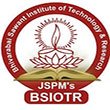
.png)


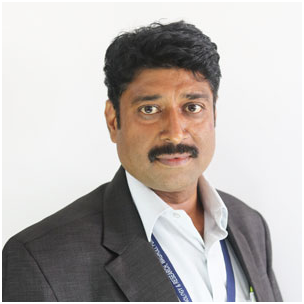

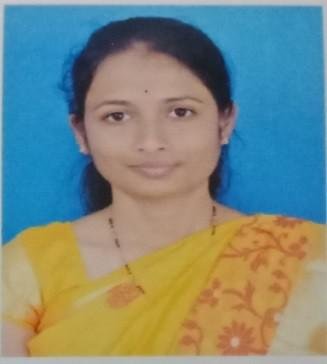
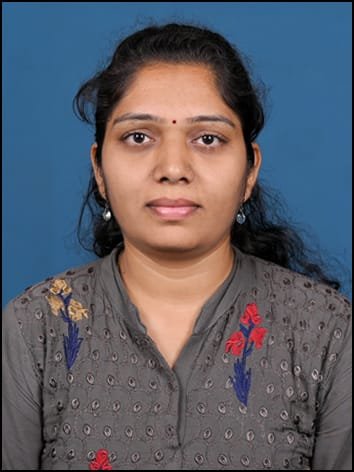
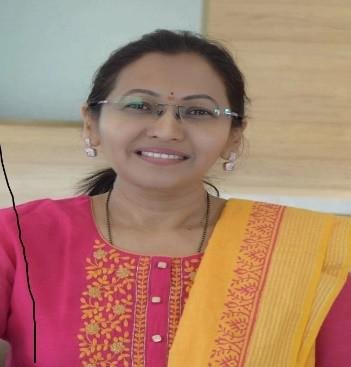
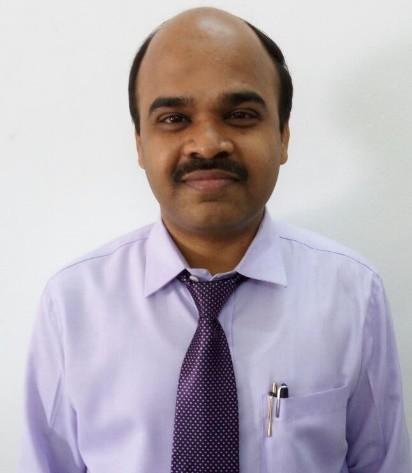
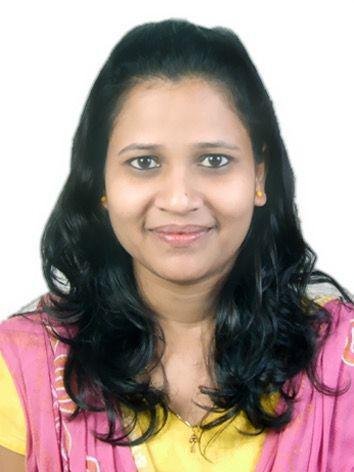
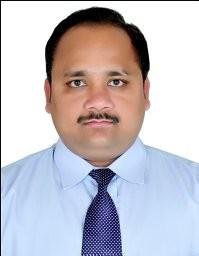
Network and Power Lab
Description: Network and Power laboratory(NPL) is used by SE and TE students with the course on "Electric ...
Read MoreLab as a Museum
Description: This lab is kept as a museum which is a collection of projects, display board, electronic kits et ...
Read MoreAnalog and Digital Electronics
Description: Electronic Devices and Circuits Lab is used by SE students under the course of "Electronic D ...
Read MoreCommunication Lab
Description: Communication Lab is used by SE students under course of "Analog Communication", ...
Read More